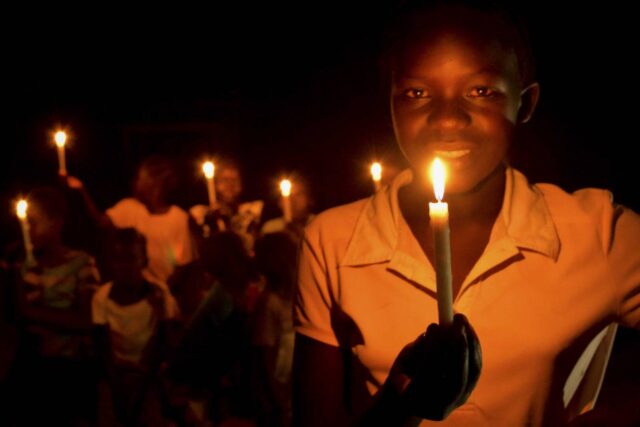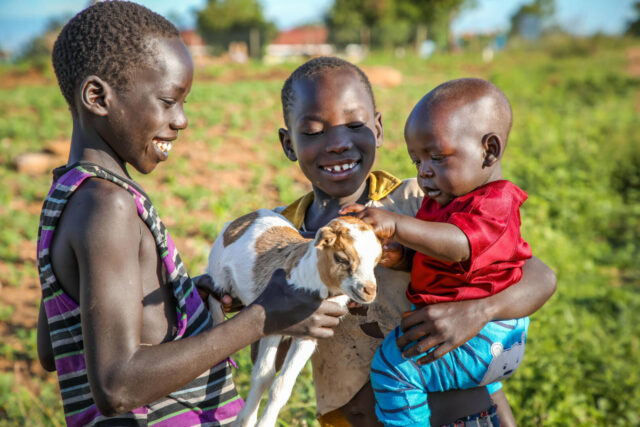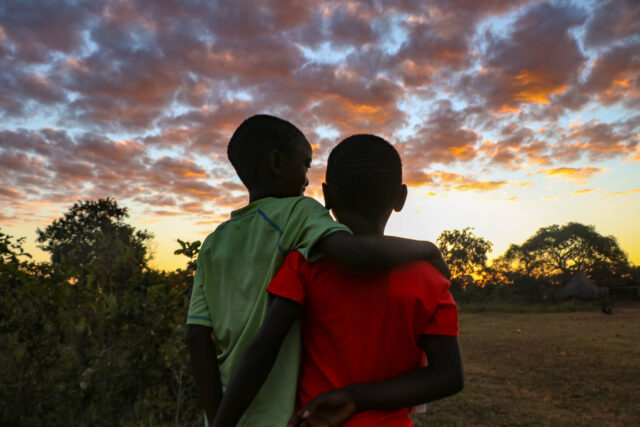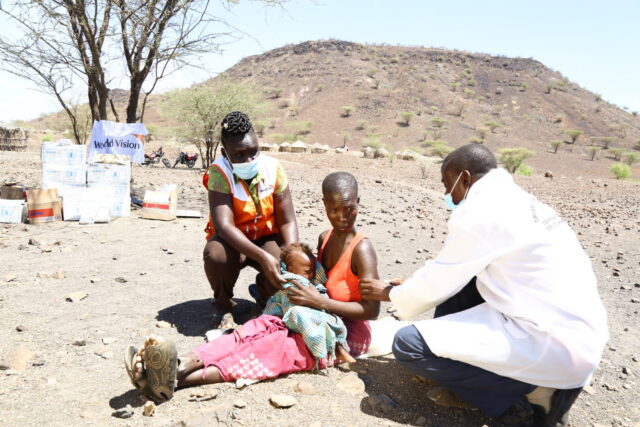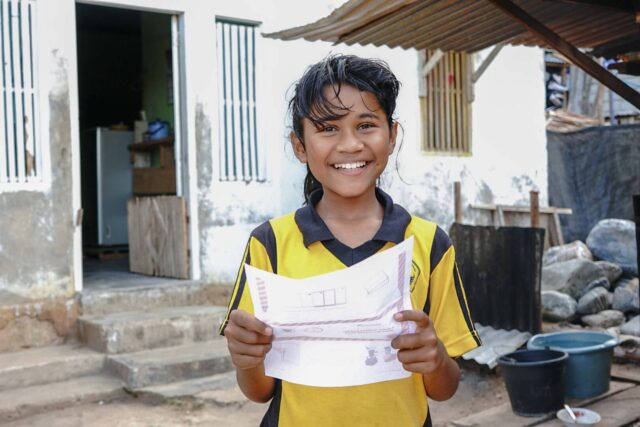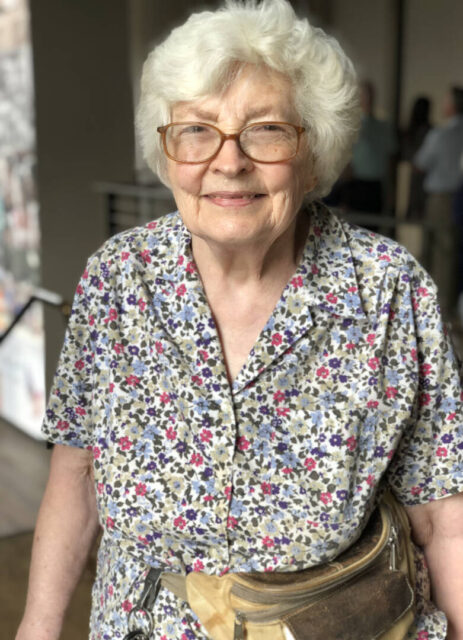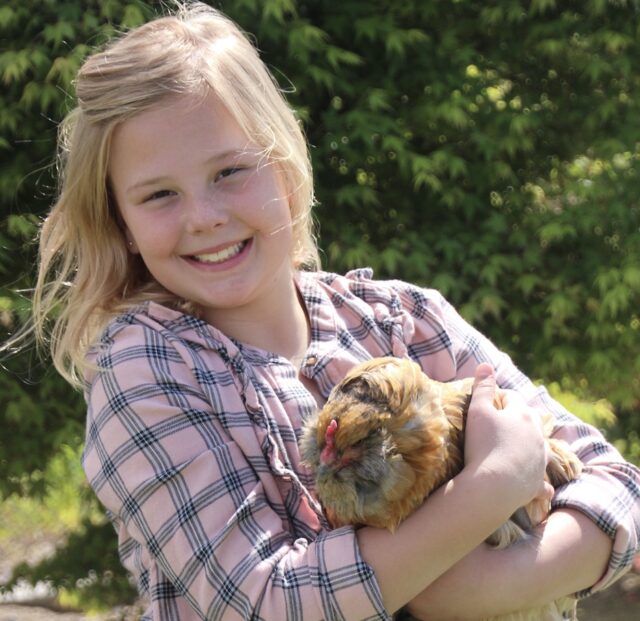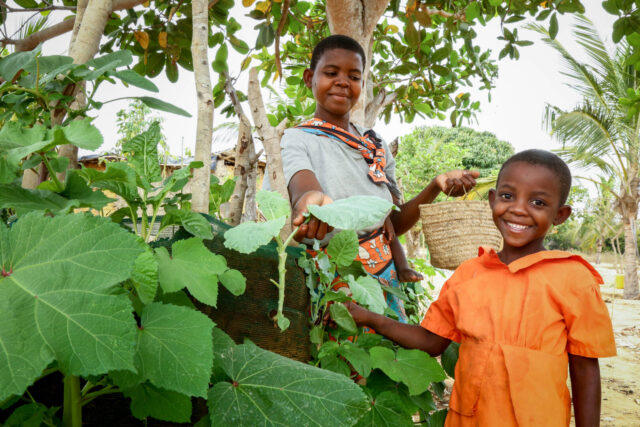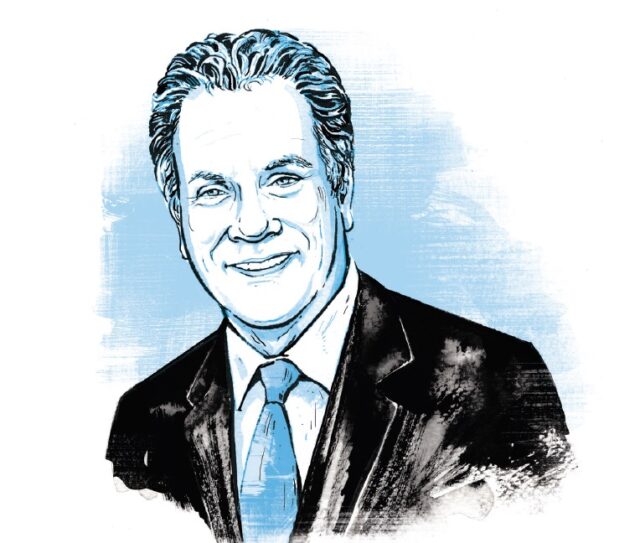This Christmas, the World Vision Gift Catalog features new handcrafted gifts in the celebrity-designed, artisan-made collection. Read the stories behind the fair-trade artisans around the world who create these unique gifts.
News & Stories
Finding Christmas joy in a refugee camp
What’s it like to celebrate the holidays when you’re far from home? Refugees in the Bidibidi settlement in Uganda share how they prepare for Christmas while reflecting on Christmases past.
Refugee family finds hope after receiving Gift Catalog goats
A family fleeing conflict in South Sudan lost everything and has started over in a refugee settlement in Uganda. World Vision Gift Catalog goats are helping them rebuild their lives.
Gift Catalog goats open a floodgate of blessings in Zambia
A family was struggling in rural Zambia, but a gift of goats through World Vision’s Gift Catalog changed their lives and allowed them to also bless others. Now their children are dreaming of a bright future.
Racing against the spread of hunger in East Africa
By air, land, and sea, World Vision is racing to deliver emergency food supplies across East Africa for families in need.
Q&A: Singer–songwriter Wé McDonald
Singer–songwriter Wé McDonald — whose powerful talents debuted on NBC’s “The Voice” in 2016 — partnered with World Vision to feature a tote in the 2021 Gift Catalog. She sat down with World Vision to talk new music, Christmas traditions, and why her tote makes a perfect gift.
3 ways to bless your sponsored child
As you shop for Christmas gifts and send greeting cards, you can also bless your World Vision sponsored child with a letter, package, or Special Gift — and the My World Vision app makes it all easy.
Retired Georgia teacher devotes life to helping children in need
A child sponsor through World Vision since 1962, Annice Whatley has devoted her life to making the world more just for children in need.
Montana girl’s love for glitter sends gifts of hope to children
Seven-year-old Rooney Weidemann of Montana is dedicated to sending hope to families in need by gifting animals through the World Vision Gift Catalog.
California girl’s gifts bloom with hope for other children
Ten-year-old Blakeleigh Snell’s gifts given through the World Vision Gift Catalog help empower children and families to lift themselves out of poverty. “It feels really good to know that I’m helping someone,” Blakeleigh says.
Gardens bring joy to communities in Marafa
Because of World Vision’s child sponsorship–funded programs in Marafa, Kenya, flourishing gardens are a living testament to the hope against the spread of hunger.
World Food Programme’s David Beasley on hunger, poverty, and loving your neighbor
David Beasley, executive director of the World Food Programme, shares his thoughts on fighting hunger during the pandemic, the WFP being awarded the Nobel Peace Prize, and his motivation to serve.

